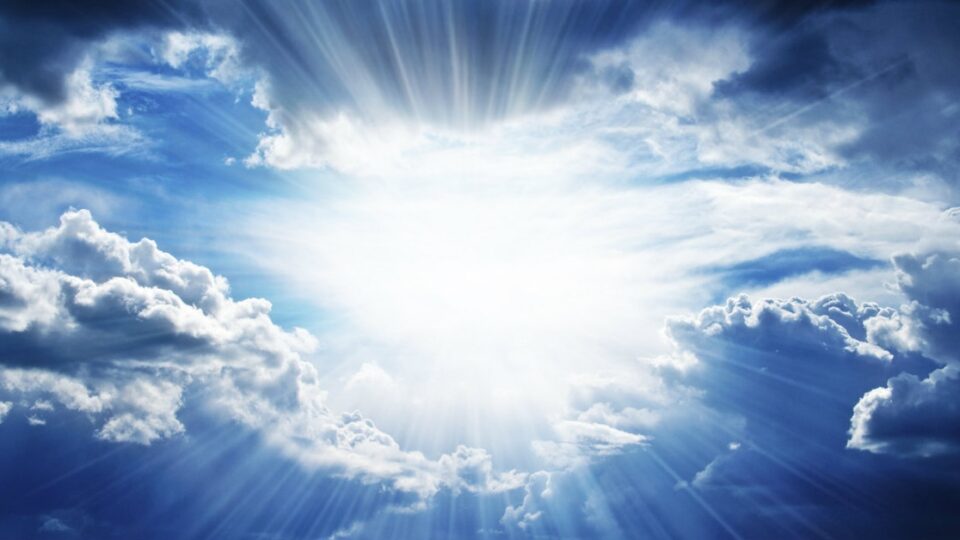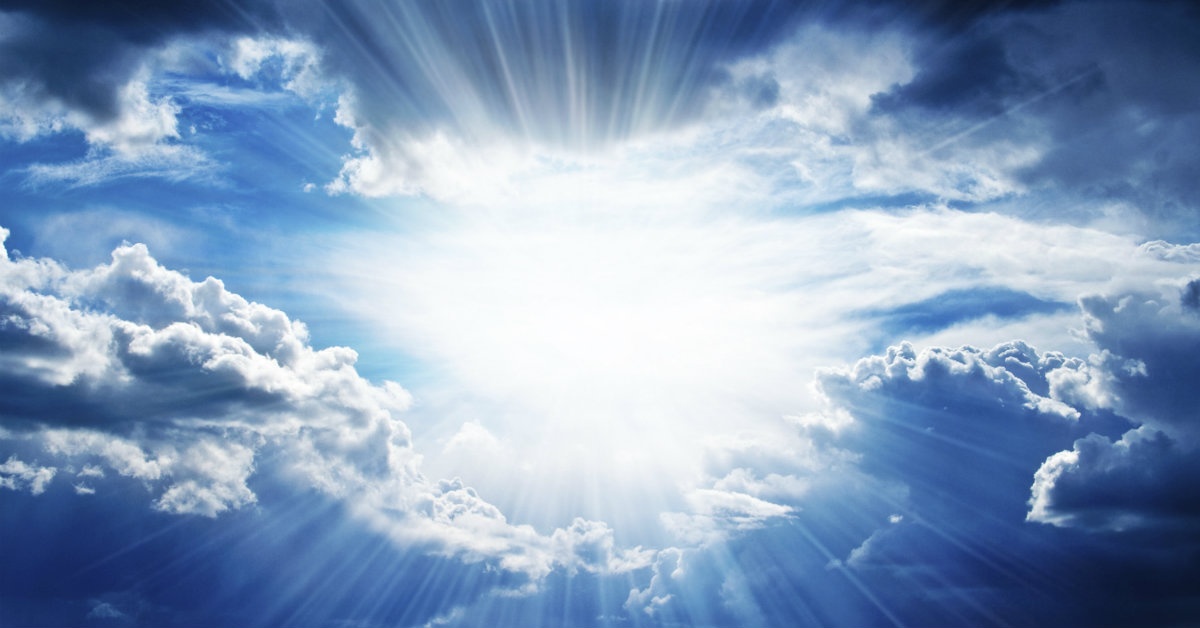
07 Jan2020

share



Remembering that I’ll be dead soon is the most important tool I’ve ever encountered to help me make the big choices in life. Almost everything—all external expectations, all pride, all fear of embarrassment or failure—these things just fall away in the face of death, leaving only what is truly important. Remembering that you are going to die is the best way I know to avoid the trap of thinking you have something to lose. You are already naked. There is no reason not to follow your heart.
When there’s a limited number of minutes available in a life, each one of them is worth more than if they were endless. In other words, time becomes a valuable “commodity.” It’s not hard to imagine that if there were an infinite number of hours during a lifetime, a single hour, or even a single century wouldn’t be particularly relevant. Think of other items in this world ruled by supply and demand: say, the more apples there are, the less expensive each will be. We value that which is rare (consider how much value we put on unique works of art or on special editions), especially when it’s also something we need—and how could we ever not need time?
The moment we realize how valuable each minute is, we begin to appreciate rather than take them for granted. So not only is every second, minute and hour worth more, but it counts for more as well. It’s because we know time is limited that we can even worry we might be wasting it.
Knowing we can’t postpone things forever motivates us to actually get them done at some point. Every procrastinator knows the importance of deadlines and of feeling the pressure of that coming due date. Since we’re all on the Ultimate Deadline, death forces us all into taking action as soon as possible.
It’s not just about our own time in this world, but our loved ones’ as well. Too often we regret not saying that one word or expressing that one thought after someone dies, so we ought to acknowledge that people still here deserve our appreciation just for that fact. In other words, knowing that others will die should prevent us from taking them for granted. In this way, we give other people’s life far more meaning.
The awareness of death, the constant knowledge that we are going to die eventually, immediately provides a very strong motivation to make sense of the time we do have here. If there were no alternative to our being alive, if life were a necessary and always-present feature of existence, we’d be offered little reason to question it. But since life seems meaningless when confronted by death, were death all that follows life, then we are violently thrown into the revolutionary quest of finding meaning. How could we not, if we have an instinctive desire to live on the one hand and to assign meaning to things on the other? The combination of these two is a supremely powerful force of human nature.
Experiences, like time, are limited in the face of death. The fact we’re going to die makes a compelling argument for the case that every experience should be maximized. In other words, we would do well to take as much advantage as possible out of each and every one of our—very numbered—experiences.
Life on this planet, as it has developed so far, depends on death for its existence. The death of some organisms is pivotal to sustain the life of others. Whether it’s plant life or animal life, all benefit from death at some point or another. And even if a species were able to sustain itself from inorganic materials alone, it’s still the case that any given species arose through a process of evolution which required billions upon billions of previous deaths. Ignore everything else and, all the same, we’re still left naked with the simple truth that human meaning as such is only possible because death is all around us, whether we acknowledge it or not. That doesn’t mean we shouldn’t reduce death and suffering as much as possible, but we cannot ignore the (often terrifying) mechanisms of the natural world.
Death can act as a refresher for humanity and the natural world as a whole. Not only has life benefitted from death in terms of evolution and sustenance, but it also allows for new ideas and trends. It makes space for new tendencies, new systems, new adventures, new inventions, and ultimately, for progress. A full life, followed by new generations to develop what has been accomplished, can bring about incredible results.
Looking for ways to transcend and leave a mark is only fueled by the fact that one day we won’t be here at all. It’s been a constant concern for humanity to think about what the next generation will inherit. The way many think about their kids is a prime example: throughout history, dynastic heritage has been at the forefront of priorities for a given family. But even without offspring, we often measure the meaning of our life in terms of what we did for society. Dying with the belief that we made the world a better place is the epitome of a tranquil passing, and those who lead their lives under the premise of being remembered as good (or great) people find all the meaning they need. How others will remember us is a common parameter for how we want to live.
Finally, death is so ubiquitous and such a deep concern for human life that our history can be pretty much reduced to the way in which we cope with finality—in religion, in art, in philosophy, in politics. This has a rather fortunate side effect: every civilization has been exceedingly prolific in producing celebrations and rituals surrounding our fateful ends. Diverse funeral rites, symbolic traditions such as Halloween, colorful festivities like Day of the Dead, majestic tombs and picturesque cemeteries to commemorate our ancestors are but a few examples of the immense cultural heritage inspired by death. Life is more interesting, more fun and more touching with these enchanting elements, and that alone suffices to show how death gives life so much meaning.